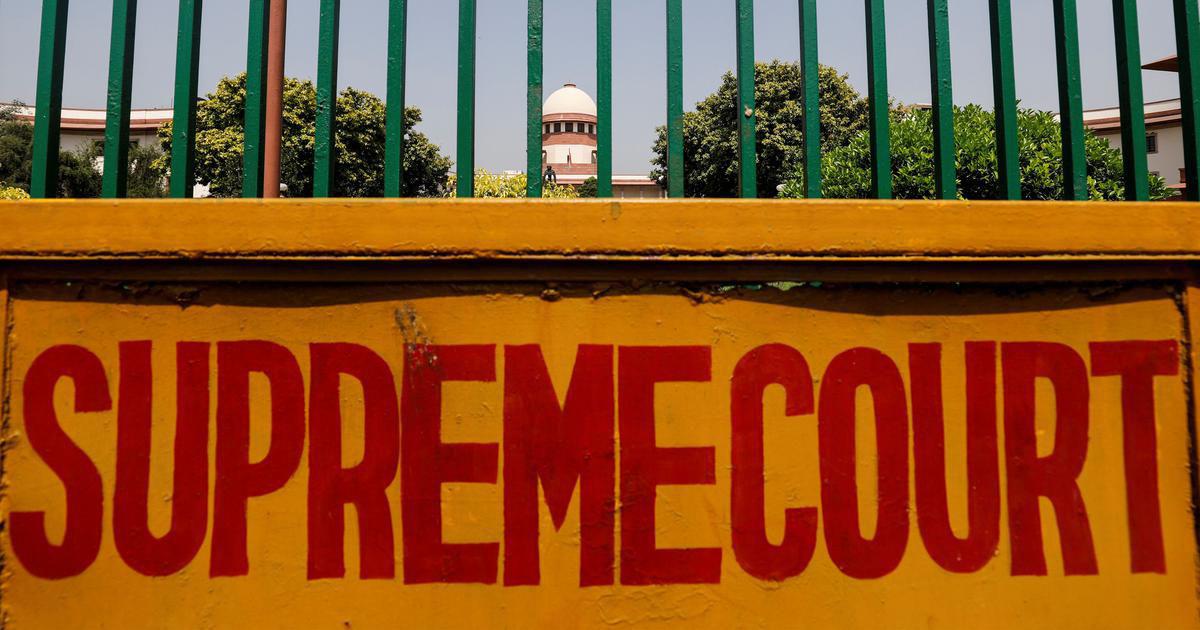Why Russia’s claims of a space race with Chinese help has more to do with geopolitical posturing
High-profile Sino-Russian space projects are few and far in between. China no longer needs international help and runs an effective homegrown space programme.


This week, the Russian space agency Roscosmos had hoped to return to the Moon after an absence of nearly 50 years. Instead, on Saturday it lost control of its Luna-25 lander. The agency explained the spacecraft “switched to an off-design orbit and ceased to exist as a result of a collision with the lunar surface”.
Yet, in an interview aired on state television, the agency’s chief, Yuri Borisov, pledged his nation’s unwavering commitment to lunar exploration:
This is not just about the prestige of the country and the achievement of some geopolitical goals. This is about ensuring defensive capabilities and achieving technological sovereignty.
Despite the Luna-25 failure, the head of Russia’s space agency also declared a “new race to exploit the Moon’s resources has begun”, and there would be a potential crewed Russian-Chinese mission in the future, as reported by Reuters. His statement sounds like it is less about the scientific exploration of the lunar surface, and more about geopolitical posturing.
I recently spent the better part of a decade as a senior academic at Peking University, and in July 2023 was appointed as Executive Director of the International Space Science Institute–Beijing. These appointments have allowed me to gain unique insights into the processes driving China’s space science programme.
A lunar outpost
The lunar south pole...



































![Safari Thorium Neo 8-Wheel Luggage Set Trolley Bags (Set of 3) at just Rs. 5,599 [MRP 29,100]](https://savefree.in/uploads/images/202409/image_870x580_66f63845060f0.webp?#)












![Handmade Brown Mango Wood Chopping Board At just Rs. 89 [MRP 599]](http://savefree.in/uploads/images/202303/image_870x580_641bf7e9c2206.jpg?#)


